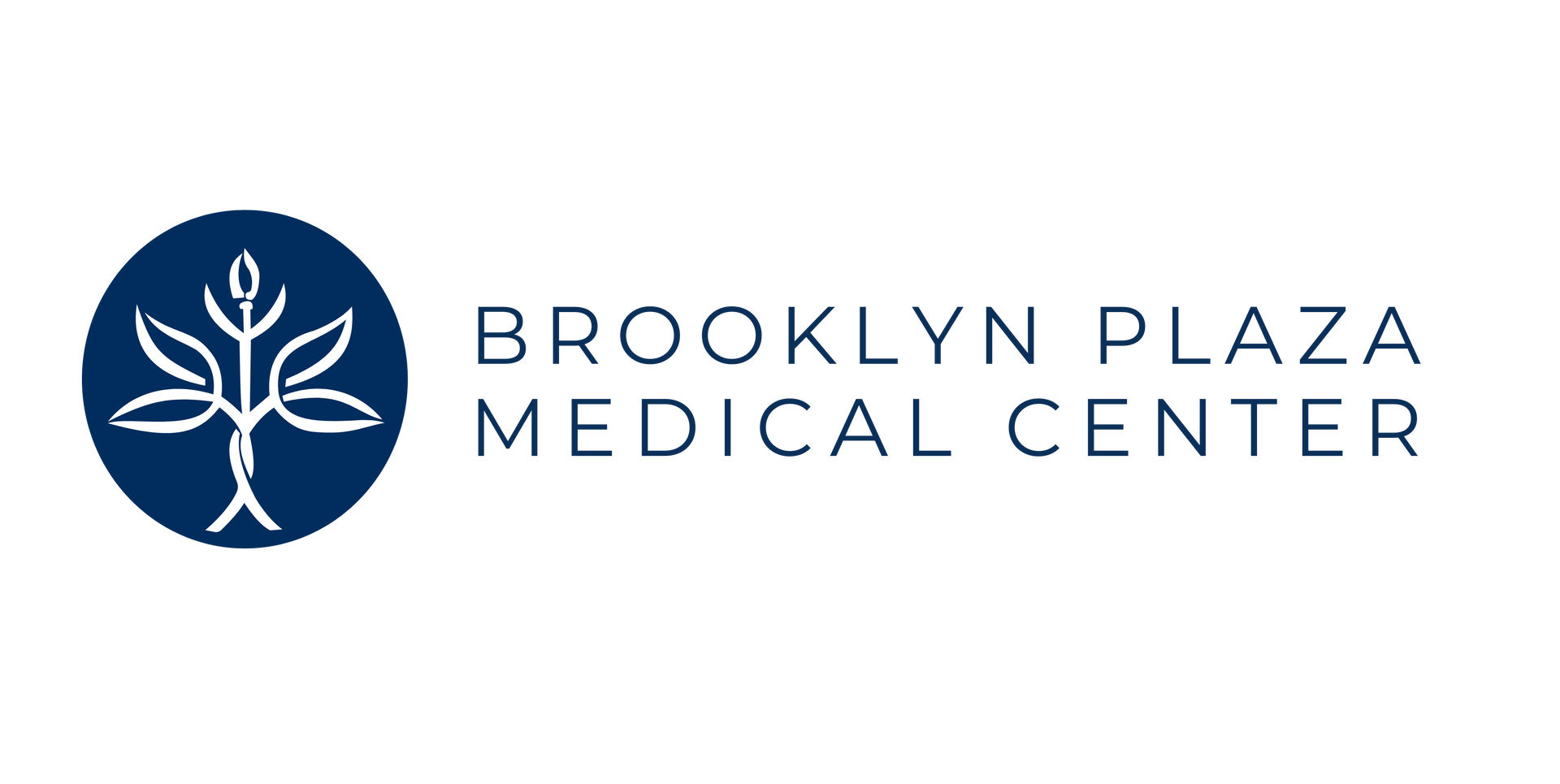By Brooklyn Plaza Medical Center
•
April 7, 2024
In a vibrant and diverse city like New York, the medical community serves a rich tapestry of cultures, languages, and beliefs. This diversity is a source of strength, but it also presents unique challenges when it comes to providing effective healthcare. Cultural sensitivity in medical care is crucial for fostering trust, improving communication, and enhancing patient outcomes. Understanding and addressing the cultural factors that influence health beliefs and behaviors can lead to more effective treatment plans and better health results for patients. The Importance of Cultural Sensitivity Cultural sensitivity refers to the awareness and understanding of the cultural differences that exist among patients. These differences can encompass a wide range of factors, including ethnicity, language, religion, and socioeconomic status. When healthcare providers approach patients with cultural sensitivity, they demonstrate respect for their patients' backgrounds and perspectives, which can significantly enhance the patient-provider relationship. Research shows that patients who feel understood and respected are more likely to engage in their healthcare, adhere to treatment plans, and report higher satisfaction with their care. Conversely, a lack of cultural sensitivity can lead to miscommunication, misunderstandings, and a reluctance to seek care, ultimately contributing to poorer health outcomes. Impact on Patient Outcomes Numerous studies have highlighted the impact of cultural sensitivity on patient outcomes. For instance, patients from minority backgrounds often experience disparities in healthcare access and quality. These disparities can stem from language barriers, cultural misunderstandings, and biases within the healthcare system. By prioritizing cultural sensitivity, healthcare providers can help mitigate these disparities, leading to more equitable care for all patients. Additionally, understanding cultural beliefs around health can play a significant role in treatment effectiveness. For example, some cultures may have traditional healing practices or dietary restrictions that influence medical decisions. A culturally sensitive approach allows healthcare providers to incorporate these beliefs into treatment plans, fostering collaboration and enhancing patient adherence. Incorporating Cultural Competence in Practice At the Brooklyn Plaza Medical Center, we recognize the importance of cultural sensitivity and are committed to incorporating cultural competence into our daily practice. Our healthcare providers come from diverse backgrounds themselves, reflecting the communities we serve. This diversity enriches our understanding of different cultural practices and beliefs, allowing us to provide more personalized care. To further enhance our cultural competence, we provide ongoing training for our staff. New employees undergo a cultural sensitivity training program as part of their orientation. This training helps staff recognize their own biases, understand the cultural contexts of their patients, and develop effective communication strategies. In addition, we conduct annual cultural competency training in partnership with the Community Health Care Association of New York State (CHCANYS). This training keeps our staff updated on best practices and equips them with the tools needed to serve our diverse patient population effectively.









